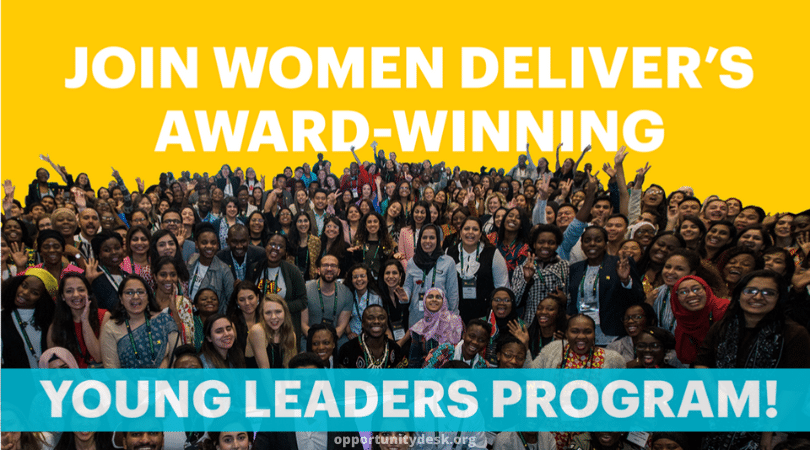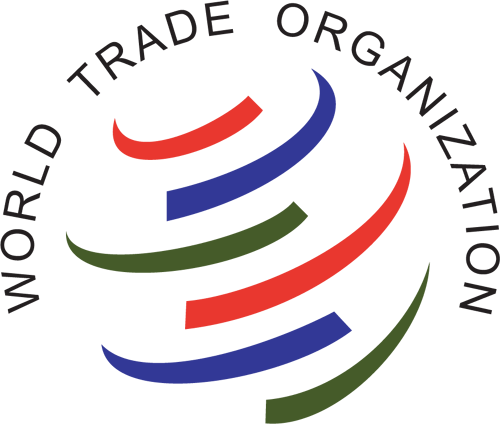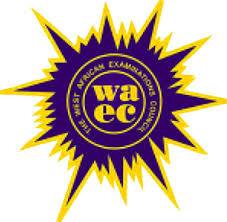Effective Communication: The Building Stronger Relationships
Effective communication is the cornerstone of human interaction, playing a vital role in fostering understanding, resolving conflicts, and building meaningful connections with others. Whether in personal relationships, professional settings, or everyday interactions, honing the skills of effective communication can lead...
Effective communication is the cornerstone of human interaction, playing a vital role in fostering understanding, resolving conflicts, and building meaningful connections with others. Whether in personal relationships, professional settings, or everyday interactions, honing the skills of effective communication can lead to improved outcomes, enhanced collaboration, and greater overall satisfaction. In this article, we explore the importance of effective communication and provide practical tips for mastering this essential skill.

Understanding Effective Communication:
Effective communication involves more than just conveying information; it encompasses the ability to express thoughts and ideas clearly, listen actively and empathetically, and navigate interpersonal dynamics with respect and sensitivity. By fostering open and honest communication, individuals can establish trust, strengthen relationships, and achieve mutual understanding and cooperation.
The Benefits of Effective Communication:
- Enhanced Relationships: Effective communication fosters deeper connections and intimacy in personal relationships, allowing individuals to express their needs, feelings, and desires openly and authentically. By listening attentively and responding empathetically, individuals can build trust and strengthen their bonds with others.
- Conflict Resolution: Clear and constructive communication is essential for resolving conflicts and addressing misunderstandings in a healthy and productive manner. By engaging in active listening, expressing concerns respectfully, and seeking compromise, individuals can navigate conflicts more effectively and find mutually satisfactory solutions.
- Improved Collaboration: In professional settings, effective communication is essential for fostering collaboration, teamwork, and innovation. By sharing ideas, providing feedback, and communicating expectations clearly, individuals can work together more efficiently and achieve shared goals and objectives.
- Increased Productivity: Clear communication reduces the likelihood of misunderstandings, errors, and delays, leading to increased productivity and efficiency in the workplace. By communicating expectations, priorities, and deadlines effectively, individuals can streamline processes and optimize performance.
- Personal Empowerment: Mastering the art of effective communication empowers individuals to assert their needs, advocate for themselves, and navigate social and professional situations with confidence and assertiveness. By expressing themselves assertively and setting boundaries respectfully, individuals can assert their autonomy and advocate for their interests effectively.

Tips for Mastering Effective Communication:
- Active Listening: Practice active listening by giving your full attention to the speaker, maintaining eye contact, and paraphrasing their message to ensure understanding.
- Clarity and Conciseness: Use clear and concise language to convey your message effectively, avoiding jargon, ambiguity, and unnecessary complexity.
- Empathy and Understanding: Cultivate empathy and understanding by putting yourself in the other person’s shoes, acknowledging their perspective, and validating their feelings and experiences.
- Nonverbal Communication: Pay attention to nonverbal cues such as facial expressions, body language, and tone of voice, as they can convey important information and emotions.
- Respect and Courtesy: Treat others with respect and courtesy, even in challenging or conflictual situations, by avoiding interrupting, demeaning, or belittling behavior.
- Feedback and Validation: Provide constructive feedback and validation to others by acknowledging their contributions, offering praise for their achievements, and providing constructive criticism when necessary.
Effective communication is a fundamental skill that lies at the heart of successful relationships, collaboration, and personal growth. By honing the skills of active listening, clarity, empathy, and respect, individuals can navigate interpersonal interactions more skillfully, foster deeper connections with others, and achieve greater success and satisfaction in all areas of life. As we strive to become better communicators, let us embrace the transformative power of effective communication to create a more harmonious and interconnected world.
Navigating Effective Communication: Understanding the Pros and Cons
With both personal and work relationships, successful communication Patihtoto is frequently referred to as one basic factor. However, as with anything else, the way we communicate has both its good side and bad.

The Pros of Effective Communication:
- Closer Relationships: A major advantage of effective communication is that it helps people get closer to one another. Open, clear communication promotes trust, empathy, and understanding among individuals, which gives rise to deeper connections plus contact times both more meaningful and more enjoyable.
- Conflict Resolution: Effective communication is indispensable when it comes to reducing conflicts and clearing up misunderstandings. By embracing thoughts and feelings objectively, by listening actively and by seeking the common ground, people are able to defuse disputes more constructively and reach solutions that are acceptable to both parties.
- Better Collaboration: In an occupational sense, effective communication is vital if we are to encourage teamwork and collaboration. By sharing information, ideas, and feedback openly, members of a team can work together more efficiently and fruitfully, which will greatly enhance their productivity as well.
- Higher Productivity: Clear communication helps reduce misunderstandings, errors, delays in the workplace. When expectations and deadlines are clearly communicated, people can get down to their tasks more efficiently and contribute to the overall success of an organization.
- Self-Empowerment: Mastering the skills of effective communication enables people to voice their needs and look after themselves in social and professional situations with a feeling of ‘that’s just the way it should be’. By expressing oneself assertively without infringing upon others’ rights and establishing boundaries within the framework of mutual respect, individuals will be able to lead their own lives in society as well as work very effectively.
The Cons of Effective Communication:
- Susceptibility to Manipulation: Some individuals may exploit effective communication techniques for their manipulative purposes, such as persuasion or even deceit. Without an ethical mind Set and some sincere commitment to honesty; apart from integrity along the line of effective examination at times becomes a tool they use against you. When people communicate clearly and coherently, misinterpretations may still occur. Whether due to cultural differences, nuances of language as well one-sided thinking, communication can get very complicated. Often this leads to drastic consequences or unanticipated conflicts.
- Overexpectation and Information Overload: People today live in an information society, but information overload makes it difficult for individuals to concentrate or focus. To communicate effectively, one must know when to keep the deluge at bay–and ensure that essential things like tasks or relationships have enough airtime (without getting drowned out by all those extra details).
- Conflict Avoidance: Effective communication is crucial for resolving conflicts. However, people may sometimes use it to avoid or suppress difficult conversations. By sweeping disagreements under the carpet and avoiding controversial subjects, they risk destroying trust and authenticity in their relationships.
- Emotional Labor: Effective communication often requires emotional labor as individuals have to manage their own feelings and those of others with sensitivity, understanding, and compassion. This emotional labor can be draining–especially in high-pressure conversations or when people are feeling highly emotional–and eventually it could lead to exhaustion, burnouts, or other negative outcomes as far as energy levels go.
Conclusion:
Communication can be a powerful tool for helping people to understand each other’s viewpoints, resolving conflict and building strong relationships. But as with all powerful tools, there are both strengths and weaknesses. By recognizing the strengths and weaknesses of effective communication, individuals can more skillfully navigate its subtleties and use it as a means to promote good things in life–both personally and professionally. Ultimately, effective communication needs ongoing learning, practice, and reflection in order to foster empathy and authenticity while maintaining respect for others to converse.
Read More Article About “Mandarin Fish: Guardians of Coral Reef Biodiversity 2024“









